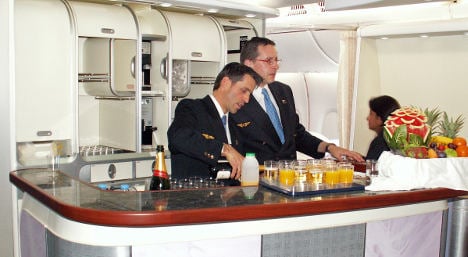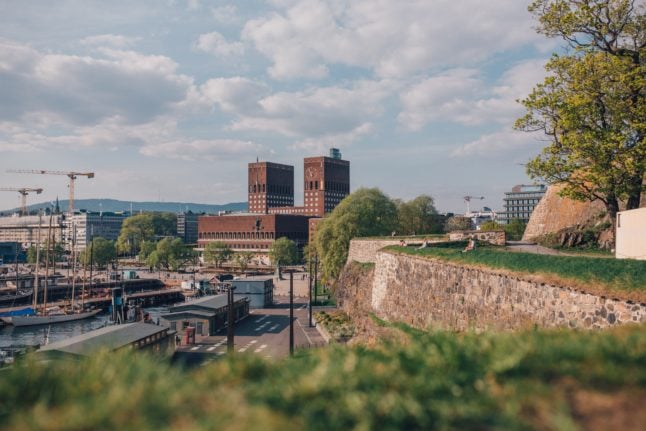But some of those perks have been scrapped after the lower house of parliament on Wednesday abolished first class air travel for current MPs, while former ones will have to pay for their own train, sea and air travel, Il Tempo reported.
From January 2016, MPs will have to travel in economy class. But all is not completely lost – if they’re on a plane for more than four hours they’ll still be able to enjoy the privileges of first class travel.
Still, the move was a victory for Italy’s anti-establishment Five Star Movement, which brought in the motion for debate more than two years ago.
“Thanks to us there’ll no longer be trips that citizens pay for and we’ll save almost €1 million a year. Let’s move forward in this direction,” said the Five Star Movement deputy, Riccardo Fraccaro.
As Italians struggle, either without work or on low incomes, to make ends meet, their leaders enjoy a salary that is far higher than their EU counterparts.
Italian MPs earn an average €172,000 a year, according to the most recent data from 2013. This compares to €96,000 earned by British MPs, and the €81,000 that French MPs take home.
Although salaries are yet to be trimmed, expenses' cutbacks were among premier Matteo Renzi's first tasks when he took over the leadership in February 2014.
Phone allowances were cut while a fleet of state-owned cars were sold on eBay.
But it is not only MPs who earn a lot – the barbers paid to style their hair can earn up to €99,000 a year, and that's after a €37,000 trim last year.
Read more: President's barber: €99k state snippers overpaid



 Please whitelist us to continue reading.
Please whitelist us to continue reading.
Member comments